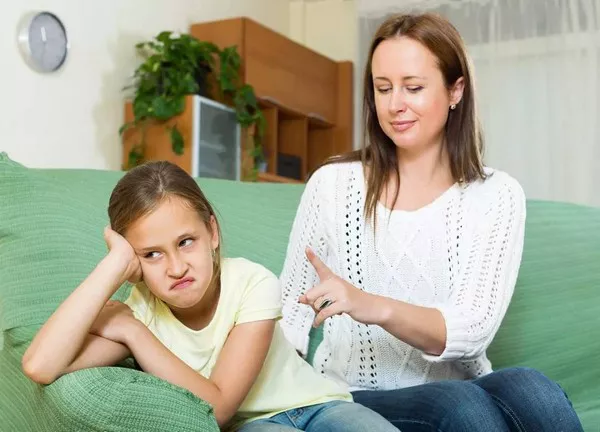A report by the charity Starlight suggests that investing more in play resources for children in hospitals could help prevent the development of serious, long-term mental health problems. The charity argues that providing children with opportunities to play during their hospital stays may reduce the risk of trauma. The report, titled “Reducing Trauma For Children In Healthcare,” highlights significant gaps in play resources in the UK and calls for increased investment in play professionals and resources.
According to the charity’s analysis, there are 1,156 individuals in various roles within the UK’s play workforce, but only 571 of them are registered health play specialists (HPS). This is in contrast to the 1.7 million hospital admissions that occur in the UK each year.
Cathy Gilman, the CEO of Starlight, emphasized the importance of recognizing and investing in play professionals and resources, as children in hospitals often endure trauma, fear, and pain due to their treatments. She stated, “Despite advances in modern healthcare, there remains a paradox that children can develop serious, long-term mental health problems as an unintended consequence of their care.”
Registered health play specialists use play as a therapeutic tool to help children understand their illness and treatment, working alongside other healthcare professionals to prepare children for treatment and engage them during difficult procedures.
The report also revealed that 71% of NHS trusts and health boards in the UK do not have a designated play budget. Penelope Hart-Spencer, the chairwoman of The National Association of Health Play Specialists, expressed concern about the discrepancies in play services for children throughout the UK, emphasizing the positive impact of a playful, well-supported experience on the emotional wellbeing of children in healthcare.
Investing in play opportunities and resources for children in hospitals may not only improve their hospital experience but also contribute to better mental health outcomes in the long term.



























